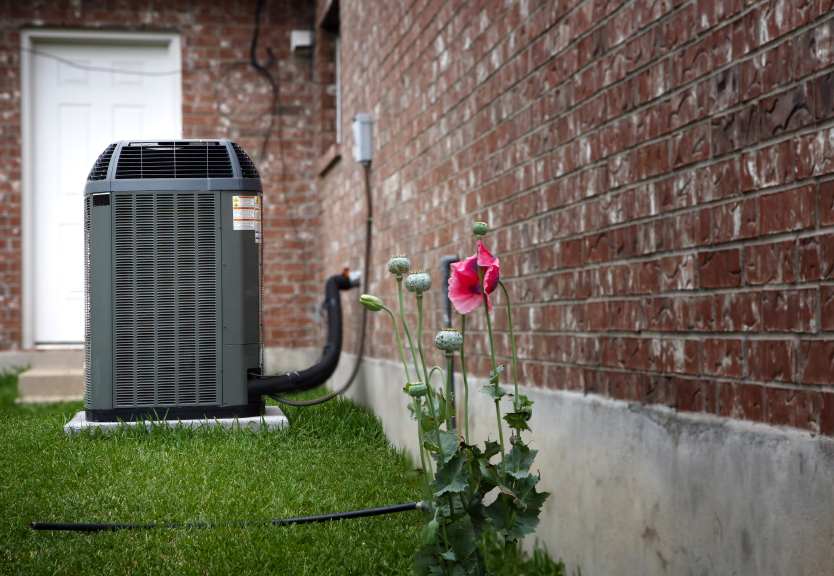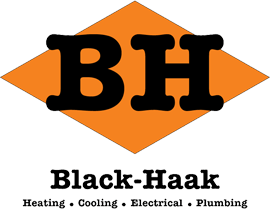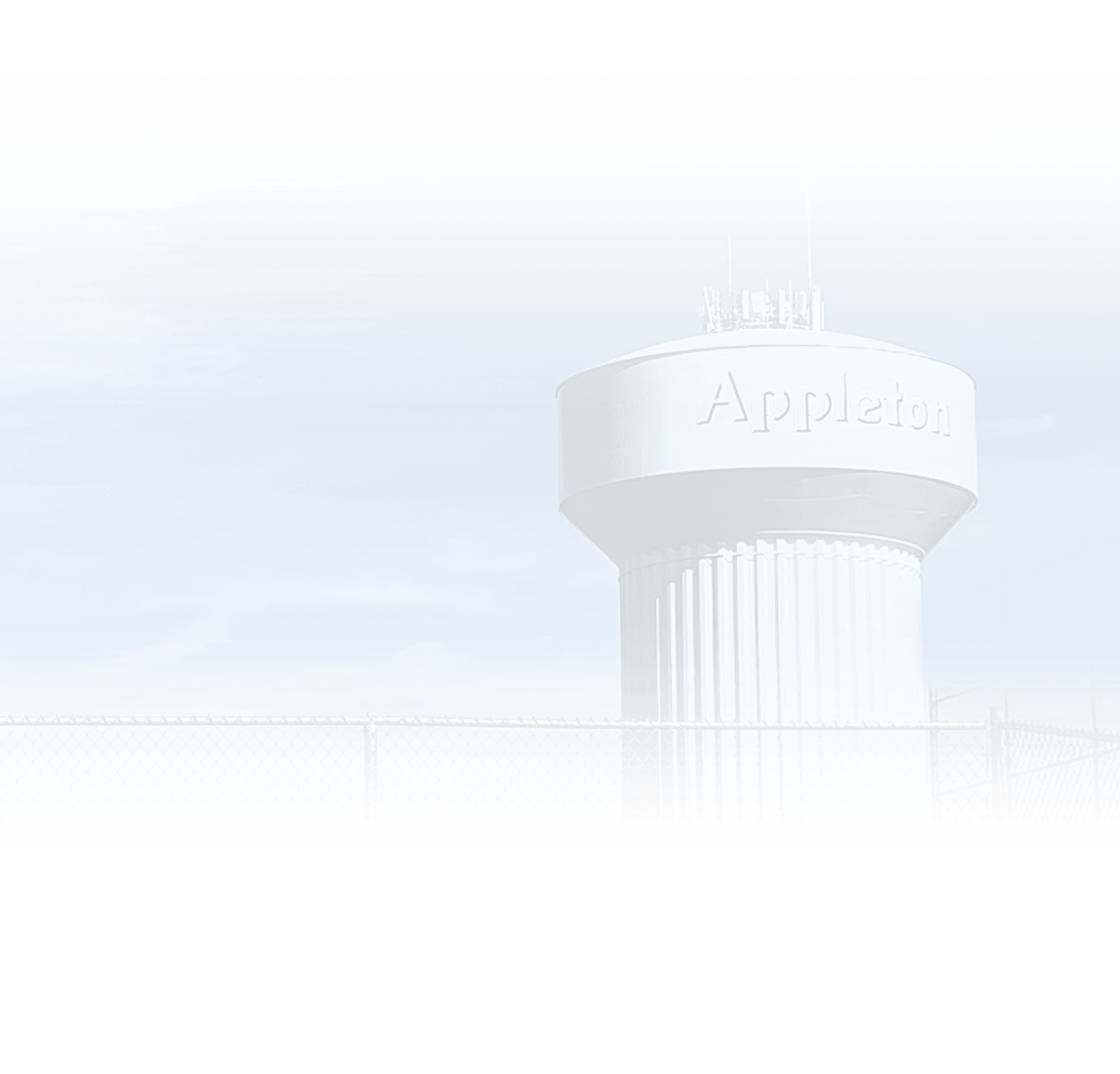
Your home’s HVAC system is one of the largest investments you’ll make in ongoing upkeep. With most systems lasting more than a decade, it’s hard to remember all of what you should consider when it’s time for a replacement. Consider these nine considerations when it is time to replace your system.
1. Save Time, Money and Stress By Planning Ahead
Simply put, you don’t have to wait for a situation where you’ve experienced a catastrophic failure to replace your system. Most furnaces will last 15 to 20 years, and air conditioners and heat pumps usually last 10 to 15 years. As long as you keep an eye on your system’s age, you can plan ahead to replace your system. This allows you to schedule the replacement during off-peak times which will save you some money. It’ll also reduce the stress in the process because you’re not rushing to keep your family warm or cool.
2. Size System You Need
You’ll need to evaluate the size system you’ll need. This starts with the size of your home, including your ceiling height. However, professional installers also consider the direction that your home faces, how much shade it receives, your insulation, how many windows you have, and the number of occupants in your home, among other factors. This will give them the HVAC load for your home, or how much heat your home naturally produces. From there, they can evaluate the size heating or cooling system needed to meet your needs.
3. Differences in Efficiency
Next, you’ll want to consider the differences in efficiency, even among the same type of unit. Most people associate efficiency with how much energy the unit will consume to heat or cool their home. However, more efficient models also tend to provide better comfort throughout your home and tend to have fewer repairs over the life of the system.
4. Do You Replace the Entire System?
You’ll also want to consider whether you’ll replace a single component or the entire system. You may get a discount from your installation company when you replace both your heating and cooling units at the same time. However, you’ll want to consider the condition of each component when deciding the right steps to take.
5. How Are Your Ducts?
Next, consider the condition of your ducts. If they are in poor repair, with significant holes or major leaks, you may need to consider replacing them. If you need to replace ductwork, you could be looking at an additional $6,000 or more, depending on your home’s size. Leaving ducts in poor condition in place will drive down your new system’s efficiency and drive up your heating and cooling costs.
6. Your Budget
Your budget is a significant factor to consider when determining which system to install. However, factor in any discounts you may be able to leverage to get a better system. Manufacturers often offer rebates on some systems during the non-peak seasons. This can allow you to upgrade your system without increasing your budget.
7. When You Plan to Sell Your Home
Think about when you plan to sell your home and what potential homebuyers may look for. For instance, younger homebuyers often consider better efficiency and greener technology as desirable when thinking about purchasing. If you plan to sell before you need another system replacement, consider investing a little more in the system to improve your offers.
8. Consider State and Federal Rebates and Incentives
The Inflation Reduction Act of 2022 included several incentives for upgrading your HVAC system to more efficient models. Some of these incentives come in the form of tax incentives, others are cash rebates. Which programs you qualify for depends on which models you upgrade to and how much energy you’re saving. There are some programs specifically designed for lower-income households. Work with your installer and tax professional to explore which programs you may qualify for.
9. Types of Heating and Cooling Systems Available
You have plenty of options to choose from, depending on your home’s specifications. These are the types of units most people consider for their Greenville area residence.
Furnaces
Furnaces are the gold standard for heating homes in frigid climates, generating heat by burning either natural gas or propane. High-efficiency models will have two-stage or modulating burners and two- or variable-speed circulating fans. These furnaces will run at a lower capacity the majority of the time it runs to maintain your home’s temperature rather than adjusting it.
Air Conditioners
Air conditioners work to absorb heat from inside your home and vent it to the air outside using a refrigerant. This is the standard for cooling homes over the summer. Like furnaces, they come in a range of efficiency options. High-efficiency models utilize the same two-stage or variable speed circulating fan and have either two-, three- or multi-stage compressors to provide just the right cooling capacity needed without wasting energy.
Heat Pumps
Heat pumps are an alternative to the traditional furnace and air conditioning model. Rather than just providing cooling, a heat pump also provides heating capability through the use of refrigerant. A reversing valve allows the unit to absorb heat from the air outside and bring it inside during colder weather. These are great during milder weather but can become more expensive to run when the temperature becomes frigid. Heat pumps are generally more expensive than an air conditioner or furnace alone, but you get the benefit of both the heating and cooling capabilities.
Geothermal
Geothermal systems are a type of heat pump that uses either the ground or a body of water as the heat transfer medium. Over the winter, these media maintain enough heat to provide continual heat for your home. During the summer, they remain cool enough to absorb heat that’s been absorbed inside your home. These are generally more expensive than air-source heat pumps but will serve your home during colder weather than standard air-sourced models. Because the ground or water maintains temperature pretty evenly throughout the year, these are some of the most efficient systems on the market.
Dual-Fuel Systems
Duel-fuel systems are combination systems that use a heat pump, either air-sourced or geothermal, together with a furnace. When the temperature gets low enough that the efficiency starts waning on the heat pump, it’ll switch to the furnace. This gives you the best efficiency throughout the entire season while providing peace of mind that your home will never get too cold.
Homeowners around Greenville have trusted Black-Haak as their home service provider of choice since 1956. Our team delivers dependable heating installation and cooling installation, maintenance and repair, including geothermal and heat pumps, along with a full range of plumbing, electrical and indoor air quality services. Call to schedule a consultation with one of our experienced installers to explore what may be the best system for your home and budget.

